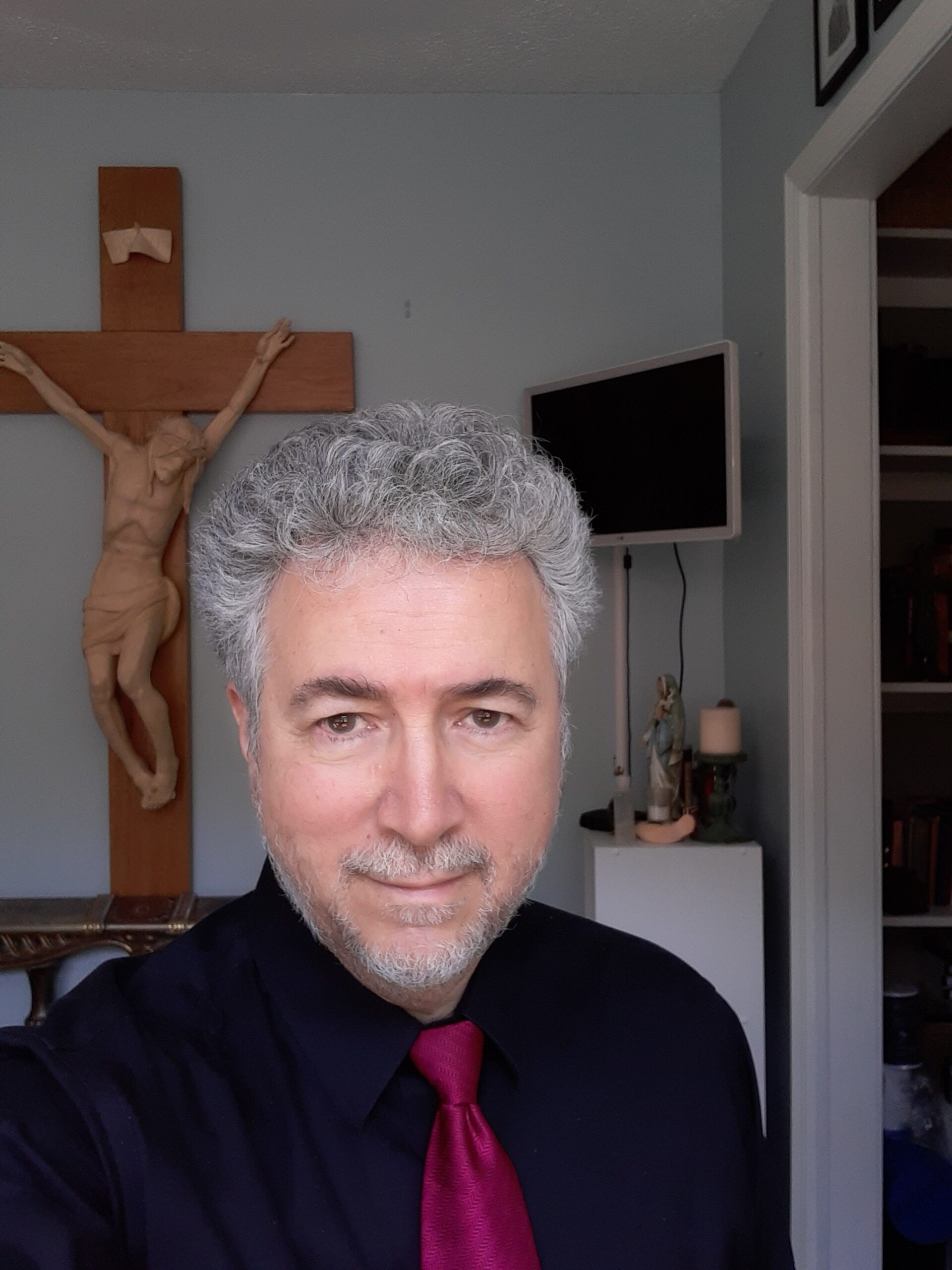Distinguishing distinctions
R1: What he’s doing is terrible. That guy’s a dirt bag!
R2: Hey, we have no right to judge. You’re an intolerant jerk!
S: Hey, hey! Don’t you two hear each other?
R1: Yes, I think we need to teach a little lesson to this flower child.
S: BOTH your attitudes are off base.
R1 and 2: What do you mean??
S: One of you demands that we condemn both the person and his bad action, and the other demands that we accept both the person and his bad action.
R1 and 2: And??
S: You both lump the person and his act together when making your rash judgments. This is erroneous.
R2: What do you mean?
S: Look, R1, you hate what that person did, right? You have good reason to. It was selfish and harmful.
R1: You bet!
S: And R2, you care about the person and don’t want to see him ridiculed or maligned, correct?
R2: Absolutely. It gets me so angry when people like R1 do this!
S: OK, R2, you love the sinner, and you, R1, hate the sin. So, then, there’s the answer: Love the sinner and hate the sin.
R1 and 2: That makes no sense!
S: It’s the only thing that does make sense.
R1: But it’s the person who does the act. If he performs an evil act, it makes him evil.
S: Not necessarily. We don’t have the ability to judge how much knowledge and free consent a person has at the time of his choosing the act. Only God is privy to that information of how culpable he may be.
R2: That’s why we have to be fully accepting and not judge!
S: Not true either, R2. Love hates evil. Certain acts are bad and harmful regardless of the person’s subjective guilt. Acceptance of someone’s bad behavior is contrary to love. If you care about the person, it’s reasonable to hate any behaviors he performs that may diminish his well being.
R1: You’re making a distinction between the person and his actions. I think I can speak for R2 in saying that we have never really considered this.
R2: Yeah, we just assume they’re lumped together, and make one judgment. It’s easier that way.
S: Easier maybe, but I hope you’re beginning to see the absurdity of doing this. When Christ commanded us to “love your enemy” He never meant for us to love their bad actions or attitude. He hated the adulteress’s behavior but loved her (John 8:11). If you don’t hate the sin, you don’t love the sinner.
R1: Hmm….
S: Generally speaking, R1, your attitude of “hate the sinner and hate the sin” is pre-Christian. When the ancients came to know evil, they rightly sought to stamp it out – often by destroying the people who performed it. That’s why ancient Jews and other societies stoned people to death for things like adultery and homosexual behavior.
R2: Gruesome.
S: On the other hand, R2, you’re attitude of “love the sinner and love the sin” is post-Christian. As modern man “progressed” in his attempt to be his own god, the rejection of Christian culture led him to accept and redefine many deviant behaviors. Since “gods” create their own moral codes, objective good and evil was determined to be a myth. “Do your own thing and mind your own business” was the new attitude of the new morality. Hence, many people like you came to see condemnation of evil as “judgmental,” even offensive. Instead of facing moral truth you rationalize and re-define it. It almost seems the only people secular progressives hate are the ones who hate sin.
R1: So, I represent a pre-Christian attitude of “hate the sinner and hate the sin”?
R2: And I represent a post-Christian attitude of “love the sinner and love the sin” …while denying there is any sin?
S: Yes and yes! And the reasonable alternative to both of your extremes is to love persons while hating the evil they do, promote or condone. That is, “love the sinner and hate the sin.” This means to care for their good, and ultimately their eternal destiny.
R1: That’s going to be difficult.
R2: Yes, our emotions can lead us to judge the package of person and act together.
S: That is because you have been formed to react with emotion rather than reason.
R1: Since we’re obviously lacking here, how do we become more fully human in our attitudes and choices?
R2: I hate to admit it, but I concur with R1. How do we love the person while hating his bad behaviors when we ourselves suffer our own internal turmoil?
S: We all need assistance from above to help us with our limited minds and human weaknesses. Another way to ask that question is: How can I try to be perfect as my heavenly Father is perfect? (Mt 5:48). The answer is found in John 14:6 – “I am the way, the truth, and the life; no one comes to the Father except through me.” The risen Christ (the way) offers both light (the truth) and strength (the life) to live the truth. Without it, we remain stubbornly mired in our bad habits, biases, and festering bitterness.
R1: I’ve never been particularly religious, but if what you’re saying is true, maybe I need to reassess things.
R2: Ditto that. I will seriously consider what you propose.
S: A humble and contrite heart with an open mind is the prerequisite.
R1: OK, I’ll try to be more caring of people….
R2: And I’ll try to be more intolerant of evil….
S: Then go to Him who teaches the world to love the sinner and hate the sin, and who offers the spiritual means to do it.
R1: R2, would you like to have a cup of coffee with me and discuss all this further?
R2: Well…sure R1. I’ve got a yoga lesson scheduled, but I’ll cancel it.
S: Despite your backgrounds, I can potentially see a beautiful complementarity in your approaches, once you purify them. Have a nice time.

